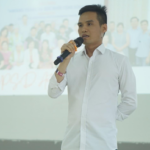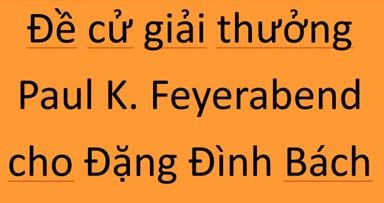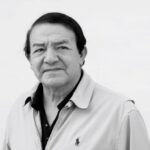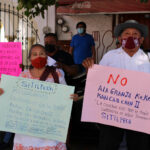The Paul K. Feyerabend Foundation promotes the empowerment and wellbeing of disadvantaged human communities. By strengthening intra and inter-community solidarity the Foundation strives to improve local capacities, promote the respect of human rights, and sustain cultural and biological diversity.
The Foundation was created in Switzerland in March 2006. It has an international Board of Directors including seven members.
As of 2024, the Foundation has supported 79 initiatives and honored 38 laureates with the Paul K. Feyerabend Award.








